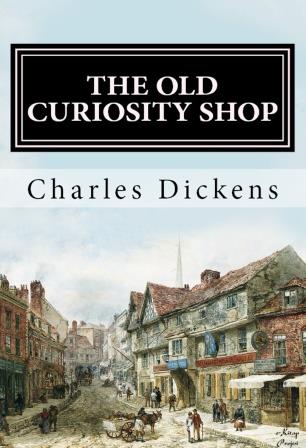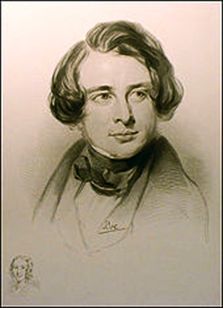They come across many interesting people in their travels and are often met with the kindness of strangers. Yet, underneath an animated and colorful world, they also encounter the bleak reality of the industrial age. From simple villages and fields of flowers, they cross into a dirty city full of mass unemployment and plague victims—where children die from starvation and are left on the curb.
The story isn’t just about Nell and her grandfather, but the people who are connected to them directly or indirectly. There is Richard Swiveller, a careless young man who is a friend of Nell’s plotting brother, who wants Swiveller to marry Nell for the fortune he thinks she has. Daniel Quilp, the malicious dwarf, has a vendetta against the grandfather—who was the one person who managed to fool him. There is honest Kit, who finds himself the victim of spite of people he never harmed. Kit desires to help Nell, whoM he worships as a personal angel that has always inspired the best in him. The mysterious Bevis Marks, who is a generous patron to some and an enemy to others, also has his own reasons for finding Nell and her grandfather.
Unique to this book, unlike Dickens other works, is a fairy tale quality to the story. It is certainly a book of contrasts: the purity of Nell compared to the sadistic depravity of Quilp, fresh air and scenic villages to the polluted, stone covered city, etc. Even people’s reactions to the book revealed a stark contrast. At first, Nell Trent was praised as the most perfect Dickens character. Later, she was ridiculed and criticized by many well-known people like Oscar Wilde. While characters in other Dickens books are moving towards a better future, Nell and her grandfather are fleeing their life—and their story is moving towards an ending.
The Old Curiosity Shop was inspired by a personal tragedy in Dickens life. Nell Trent is based on the seventeen year old sister-in-law of Dickens who lived with him and whom he was fond of. The girl collapsed and died suddenly after the family had come home from the theater, probably due to undiagnosed heart disease. The story is a time capsule—full of references of popular songs, literature, and scandals of the period. As to be expected of a Dickens novel, there is social commentary on the plight of the poor. The Old Curiosity Shop delves into the unknown world of freak shows and other traveling entertainers—showing a magical world, yet one with a dark underside to it.

































